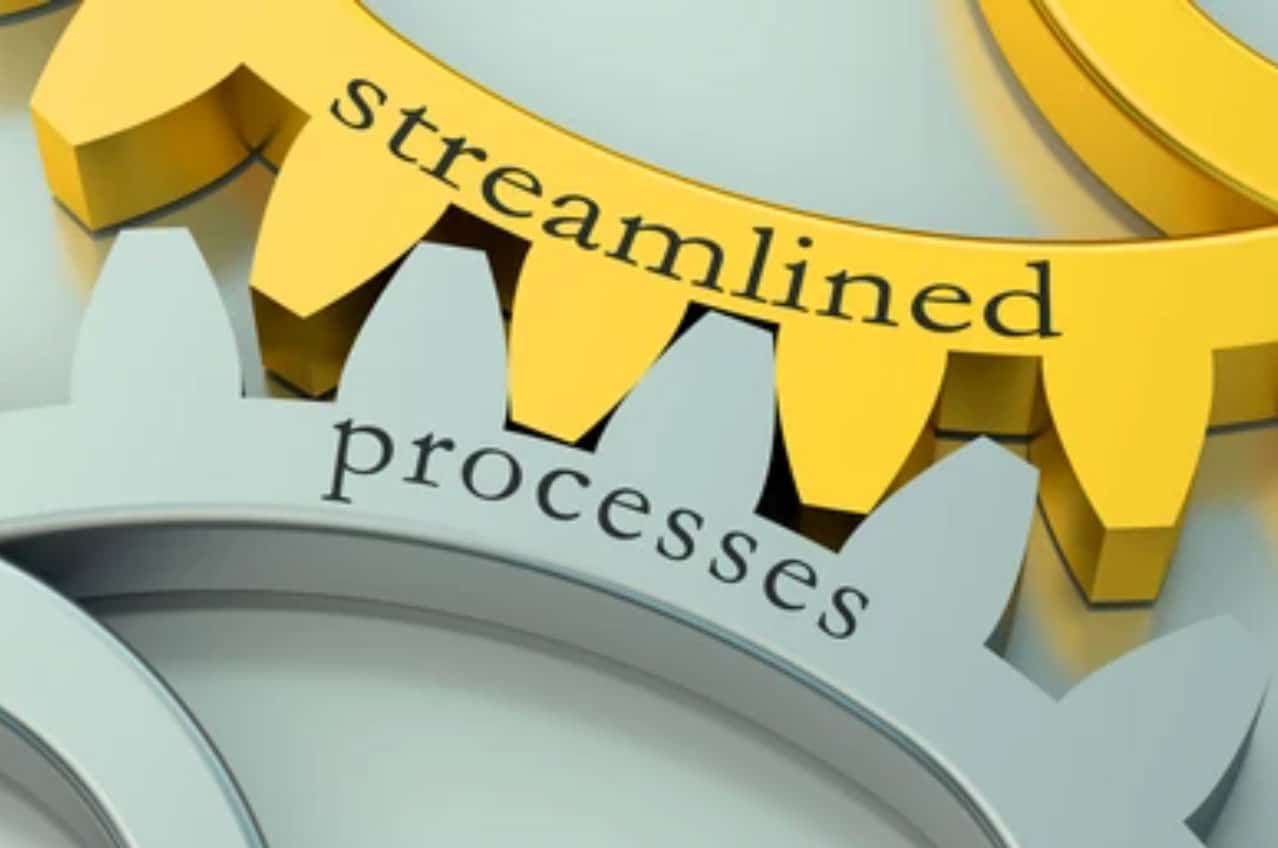RCRA Corrective Action – Streamlined and Sensible
Summary: Taking full advantage of the RCRA Cleanup Reforms of 1999 and 2001 and working closely with EPA Region 2, NJDEP and our client, Princeton Geoscience greatly facilitated RCRA Facility Investigation (RFI) progress at an active solvent recycling facility in New Jersey. We used abbreviated, dynamic workplans and regular progress updates and data transmittals in lieu of formal reporting for each phase of work; fully utilized existing data for offsite areas and followed a site-wide rather than area by area investigative approach onsite. Major accomplishments to date: Documented Environmental Indicators prior to EPA’s target date; assessed/delineated extent of volatile organic compound (VOC) extent in soil and groundwater, including dense, non-aqueous phase liquid (DNAPL) in the soil and bedrock; conducted vapor intrusion (VI) sampling/assessment onsite and on four adjacent properties; developed a conceptual site model (CSM) that accounts for complex site conditions; prepared a three-dimensional groundwater flow model (MODFLOW); applied for and obtained an NJDEP Water Allocation Permit; obtained initial approvals from EPA and NJDEP for extraction and treatment system modifications to optimize a bedrock groundwater remedy that has operated since 1980. Current activities: Completing final delineation of offsite soil impact and DNAPL extent; negotiating final remedial system permit requirements; and establishing institutional controls, including Deed Notices and a groundwater Classification Exception Area (CEA). Planned activities: A Corrective Measures Study (CMS) will be conducted in streamlined fashion by applying NJDEP’s Remedial Action Selection guidance. The multi-phase RFI and CMS will be documented in a single RFI/CMS Report.
A large solvent recycling company entered the RCRA Corrective Action program following the issuance of an HSWA Permit. Despite comments, the property owner provided after reviewing the draft permit, the issued permit contained detailed and prescriptive requirements for investigation of various environmental media, submittal of the draft and final versions of work plans and reports for multiple phases of investigative activity.
In addition, the permit specified numerous supposedly discrete site areas for separate investigation and reporting which were in fact more or less continuous with one another. In short, the permit-required approach might have resulted in problems common to many Corrective Action cases: onerous investigative requirements, confusing delineation from one area proceeding into another, non-productive paperwork, and generally slow, expensive, and inefficient progress through the program.
Because such outcomes are not the goal of the Corrective Action program and are inconsistent with the RCRA Cleanup Reforms of 1999 and 2001, Princeton Geoscience proposed an alternate, streamlined approach to expedite the site characterization, which was accepted by USEPA Region 2 and NJDEP. Under the revised approach, a site-wide rather than area by area investigative approach is being followed, and reporting for the investigative work will be consolidated into a single document. Interim communications are carried out in an informal but an efficient way via e-mail and through the submittal of brief quarterly progress reports. Information from investigations on adjacent sites has been used extensively to develop the conceptual site model and to satisfy specific requirements under the Corrective Action program.
Princeton Geoscience has identified collaborative efforts by which the owners of the subject site and adjacent properties may most cost-effectively remediate groundwater contamination originating on their respective sites. Based on the investigative findings to date, components of the final remedy will include optimization of the existing pump and treat system to account for complex hydrogeologic conditions identified during the RFI, maintenance of existing concrete cover, and establishing institutional controls. An abbreviated CMS will evaluate and document the appropriateness of using the modified system as a final groundwater remedy. Final reporting for the investigative work and results of a CMS will be consolidated into a single RFI/CMS Report to EPA and NJDEP.
